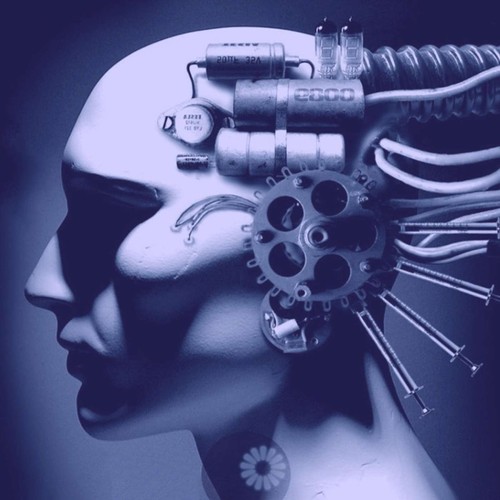
 English Learning for Curious Minds | A More Interesting Way To Learn English
English Learning for Curious Minds | A More Interesting Way To Learn English #436 | Transhumanism & The Rise of The Superhumans
Jan 11, 2024
This podcast explores the concept of transhumanism and its potential to enhance human abilities through technology. Topics discussed include the roots of transhumanism, medical advancements, radical life extension, cognitive enhancement, ethical considerations, transhumanism in popular culture, and real-life examples. The hosts also delve into the argument of price and inequality, the pursuit of superhumans, and the ethical and practical aspects of transhumanism.
Chapters
Transcript
Episode notes
